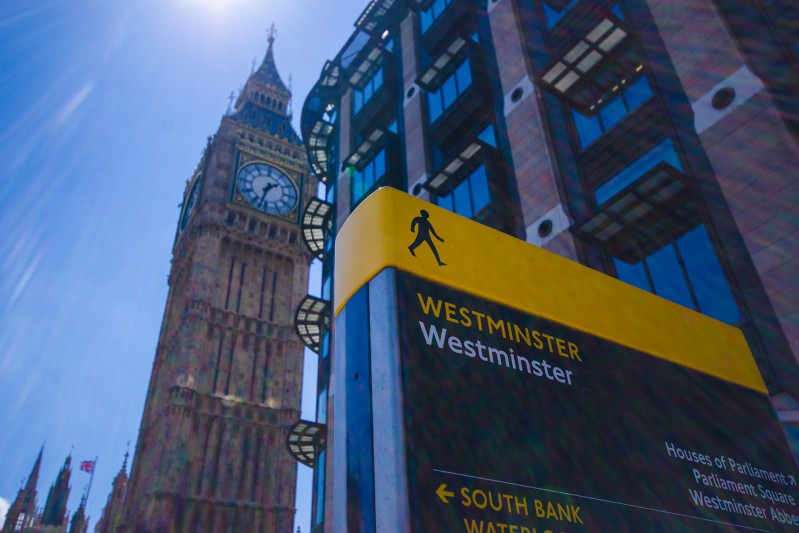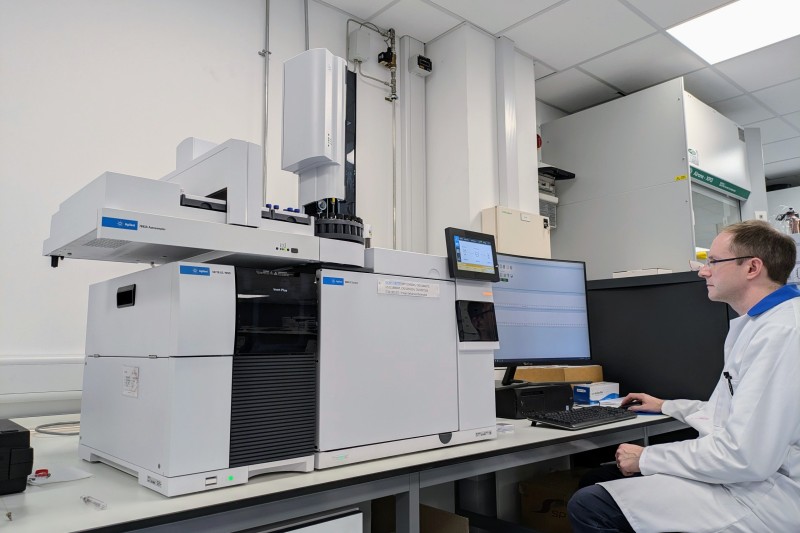
Brexit means ‘taking control’, regaining our sovereignty and, as a nation, determining our own rules and laws. This is a key claim from the leave campaign. But how true is this?
Various figures are given for the number of laws which have been drafted in, or often by, ‘Brussels’ which have been imposed onto the UK statute books. But does being a member of the European Union mean surrendering to an unaccountable bureaucracy based in Brussels over which Britain has no say?
It is a gross simplification to suggest that a majority of UK EU laws are imposed by unelected Brussels-based bureaucrats. Firstly, the bureaucrats who draft laws on behalf of the European Commission all hail from member states, hence they are accountable.
More importantly, the European Commission only proposes legislation. All proposals go before the Council of Ministers, each nation sends a Minister to speak for the nation whose remit and expertise is within the area of the legislation (trade and industry, education, etc.). The Council of Ministers negotiate, putting forward their national case for amending and indeed rejecting legislation. Of course, with any negotiation process this can lead to compromises that do not satisfy everyone, and any single nation can be over-ruled by the majority.
That is politics. Politics is the art of compromising.
Legislation also goes before the elected European Parliament for further scrutiny and agreement. The real problem here is the democratic deficit that exists. European parliamentarians do not speak on behalf of their nation but the bloc their party belongs to. Also, many members attend infrequently. Hence that stage of the democratic process is not working in the way intended. However at every stage each nation has input into European law.
If the UK left the European Union of course all legislation would be drafted by bureaucrats in Whitehall and proposed to parliament by the Cabinet. However does that mean complete independence?
British foreign policy is determined by a range of factors: Commitments to the Commonwealth; to NATO; to the UN; to other nations, in particular the USA. Factoring out the EU would have little impact on the UK’s ability to independently determine its role in the world.
But the major issue is trade - those straight bananas and apples being the ‘right’ green. There has been a drive for standardization of trade which separates out produce that is specific to an area - the Cornish pasty for example - and what items should be the same regardless of who produces it or where it is bought. Apples are the ‘right’ green to ensure they are not chemically enhanced and so potentially toxic.
This logic applies to all products. Children’s teddy bears must have the right material as fur, again for safety reasons. Animals must be reared, fed and slaughtered according to set rules again for safety reasons. The list goes on.
The point here is that the UK will have to comply with all these rules in order to trade with other nations, and impose those rules on nations that export to us. Hence we have to meet a ‘standard’ and impose standards, both of which comply with rules set at an international level.
In a globalised world our sovereignty is increasingly limited. With a move to increased market liberalisation, with the hotly contested Transatlantic Trade and Investment Treaty on the horizon, there is likely to be even further standardisation.
All of this is regardless of, not because of, EU membership. We might find that if we do decide on Brexit, UK civil servants will have to redraft laws that were once determined by the European Commission and agreed by parliament only to put them back onto the statute books.
As with any partnership, EU membership involves compromises, but the UK compromises every single time we make a deal with another nation, or even with a large corporation.
Sovereignty is an illusion, unless we wish to have no partners and be isolated. Few nations of the world choose isolation. The best and worst example of this is North Korea. If being sovereign means being like North Korea, perhaps compromise is the best option.
Dr Darren Lilleker, Associate Professor in Political Communication



